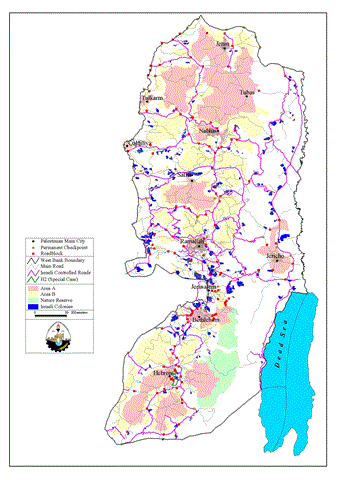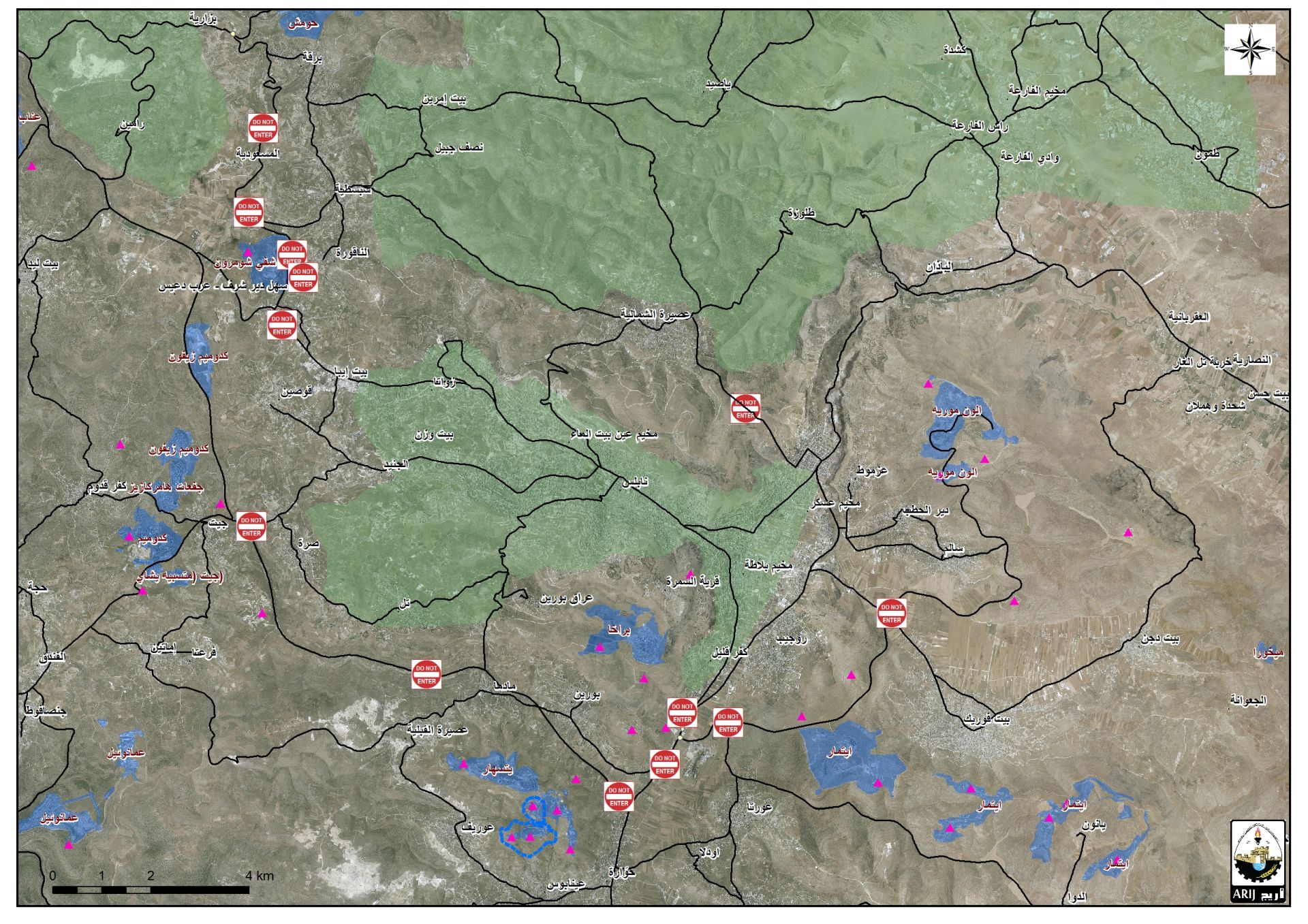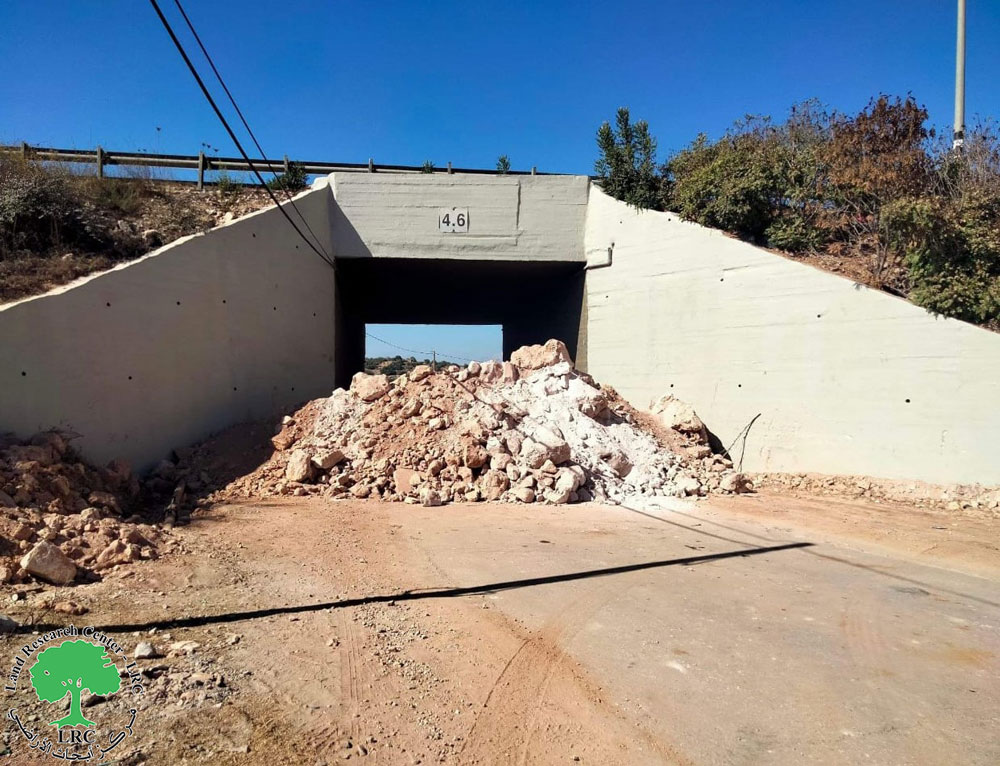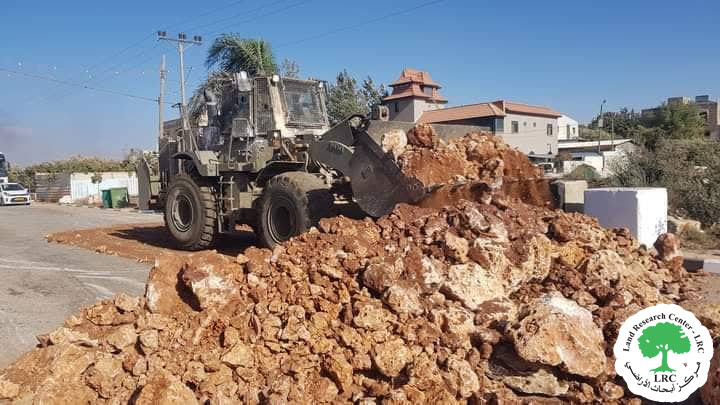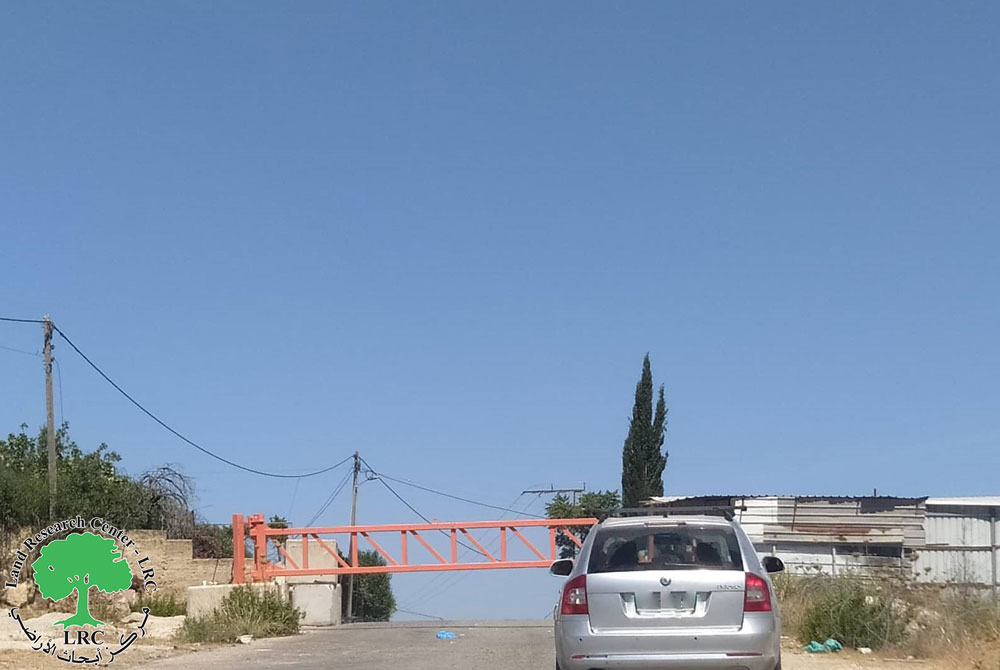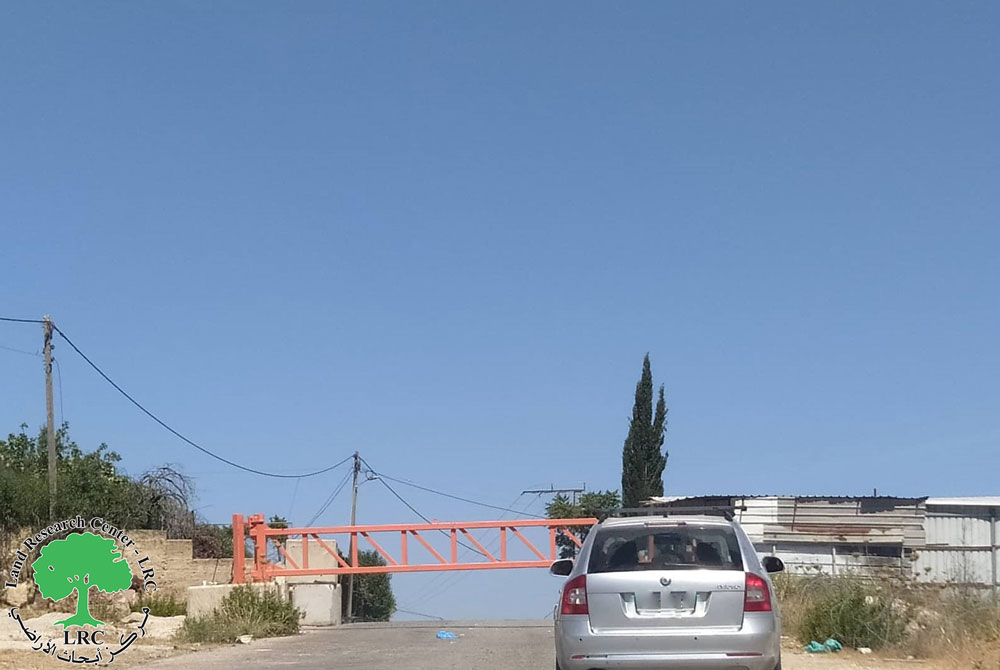Recently, Israeli Defense Minister Binyamin Ben-Eliezer reported that the IDF began lifting restrictions imposed on Palestinian cities and villages in the West Bank and Gaza Strip. Since the outbreak of Al-Aqsa Intifada, these restrictions have divided the West bank and Gaza Strip into 67 separate cantons. In addition to permanent military checkpoints, the Israeli Government has implemented the siege by blocking roads with large concrete blocks and mounds of earth or by digging deep trenches alongside or across main thoroughfares have all made any Palestinian movement from one area to another incredibly difficult. Despite the Israeli announcements concerning the lifting of the siege, nothing significant has been implemented on the ground.
ARIJ field workers conducted a quick survey of checkpoints and road blocks in the West Bank on the 5th of January and found the following:
1. Of the 46 permanent checkpoints in the West Bank, not a single one had been lifted.
2. Of the 120 roads blocked around and within the Palestinian towns and cities, only 23 had been recently reopened (See map).
3. Of the elevenPalestinian districts in the West Bank, restrictions had been eased in only five of them ( Red-Yellow flashing points):
-
-
Bethlehem: 8 road blocked reopened.
-
Ramallah: 5 road blocked reopened
-
Jericho: 4 road blocked reopened.
-
Tulkarem: 4 road blocked reopened.
-
Qalqilia: 2 road blocked reopened.
-
1. Hebron, Jenin, Nablus, Jerusalem, Tubas and Salfit districts are still living under complete Israeli siege.
2. Palestinians, at most checkpoints, still have to and stand in line and show their documents.
3. Tens of checkpoints and road blocks are still closed for Palestinian vehicle traffic, while walking through is permitted.
At most of the 23 road blocks that have been ''reopened,'' concrete barriers and trenches are still in place while a narrow path has been opened for vehicles to pass. See Map.
In evaluating the situation on the ground, one has to see past the Israeli propaganda, in both the press and government statements. Twenty-three out of 120 blocked roads are not even a sign of a good intention, taking into consideration the fact that 46 permanent checkpoints are still inhibiting the Palestinian territorial continuity.
The difficulties Palestinians are facing in these days are much more serious and comprehensive than a few words by the Israeli government can change. Ben-Eliezer's pursuit of restoring calm in the region will not be achieved by partially opening a few road blocks. The restoration of calm to the region must be predicated by the complete end of the harassment of the siege on Palestinian daily life.
Prepared by:
The Applied Research Institute – Jerusalem


